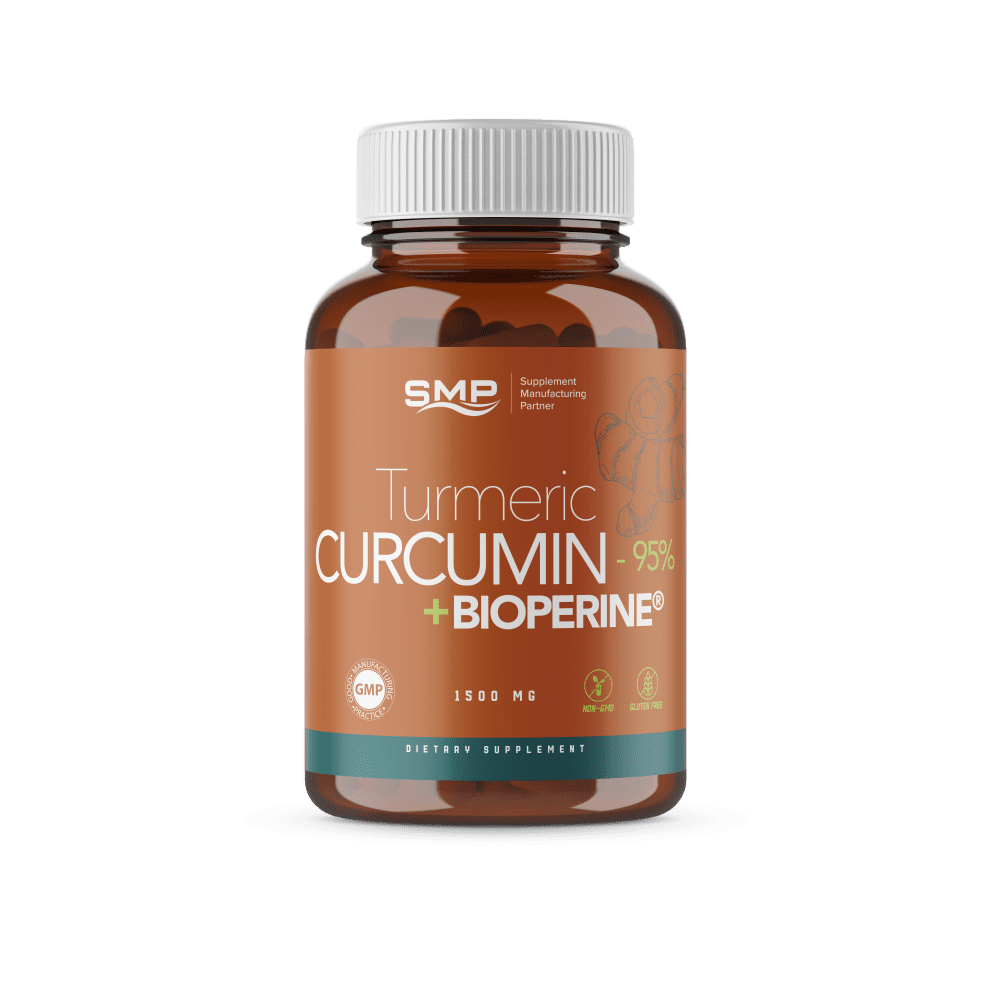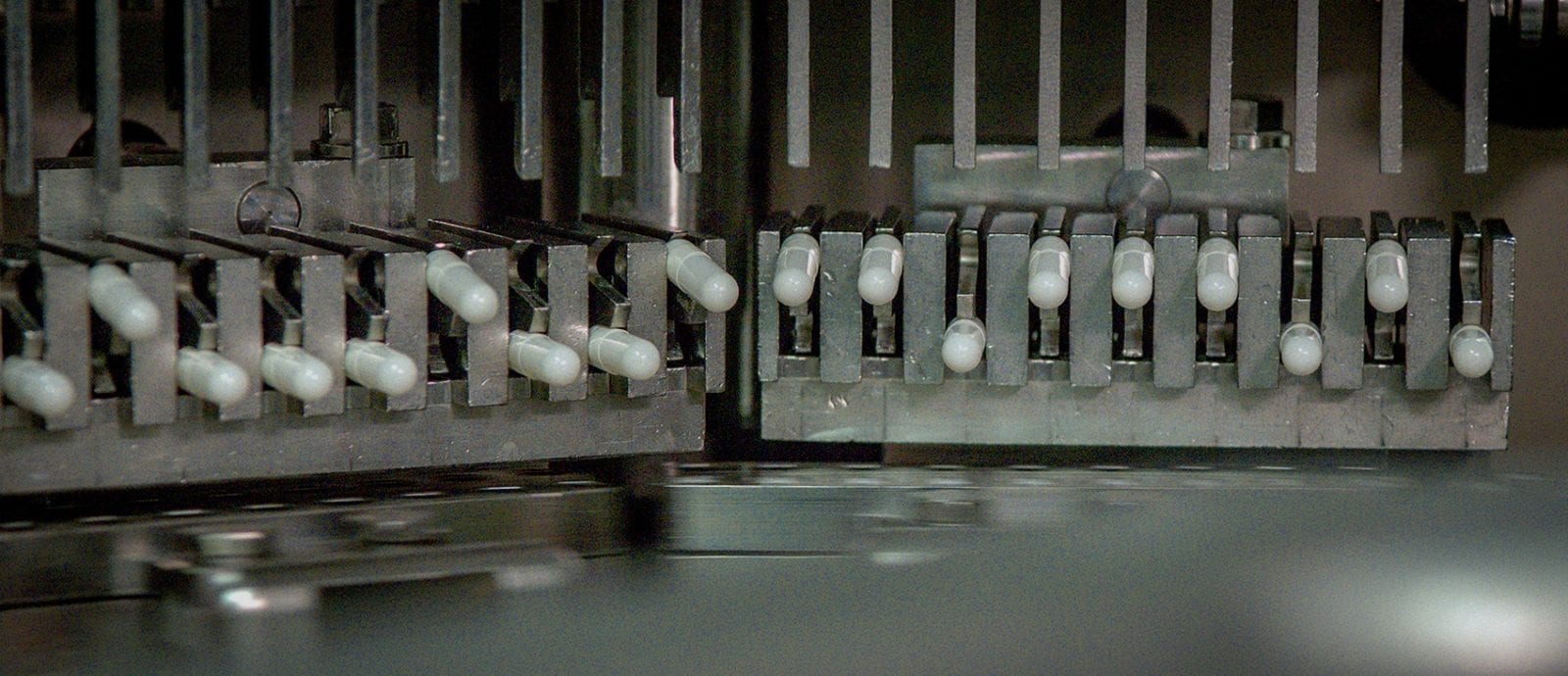
Considering the various labels, brands, and supplement delivery/encapsulation services, consumers of dietary and health supplements have a very challenging task. Steering through all these variations, information, and advertising can be costly and overwhelming. Even after you’ve decided on a particular brand or supplement, it can still be a daunting task to determine what supplement services are best for you.
How are you supposed to go about then? Choosing the right service is probably not as easy as one might think. While many prefer capsules or tablets for their convenience, there is a significant amount of people like children and older people that find it difficult to swallow capsules or pills.
Through this article, we provide a comprehensive explanation of all the encapsulation services.
What Is Encapsulation?
It is an industry term that describes the method dietary supplements are delivered into tablet or capsule form. Food ingredient encapsulation protects the ingredients from environmental factors until its release or desired interaction. Depending on consumer requirements and type of dietary supplement, methods other than encapsulation may be required. The dietary supplement industry has witnessed a dramatic change over the last decade, and thick, chalky tablets are no longer in trend. Supplement companies have broadened their product offering to include tablets, capsules, soft gels and gelcaps, caplets, chewable tablets, sublingual applications, liquids, powders, time-released capsules, and even gummies.
Various Encapsulation Services
Tablets are the most popular form and used to be the industry standard thanks to their ability to offer prolonged stability to medicaments, protection of medicaments from environmental factors like light, moisture, air, etc., and cheap cost of production (1). Tablets also consist of a huge amount of inactive substances that function as the means to form a supplement known as excipients; examples include fillers, preservatives, and coloring agents, which are then added to tablets for compression and disintegration when ingested.
The advantage of tablets is that they are cheaper, allows customization of shape, size, and aesthetics, and also offer more control over dissolution for extended and quick release of nutrients. For nutritional products with vast amounts per serving, tablets are the most popular delivery method.
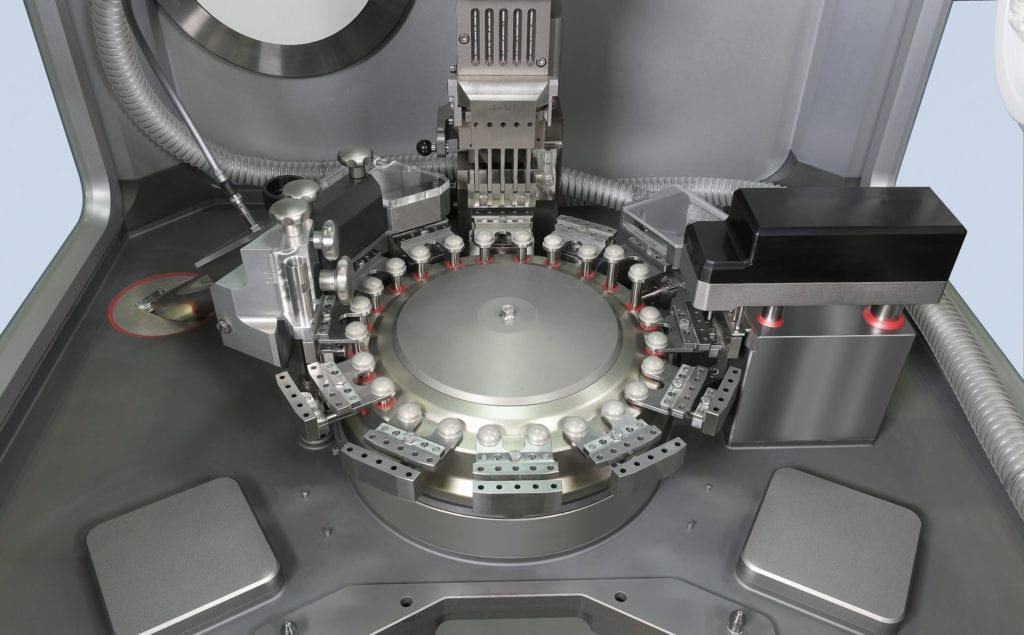
Capsules
Capsules are another popular supplement form. They are generally constructed with two exterior shells made from scratch or gelatin and connected together to lock up dry ingredients and prevent liquids and oil-based ingredients from getting into the capsule. They are also excellent oxygen barriers (2).
They can also be vegetable or pullulan based. Vegetable-based capsules contain no starch, animal by-products, gluten, wheat, gelatin, or preservatives. Pullulan forms offer an excellent oxygen barrier and are popularly used in the drink and food industry. In comparison to gelatin capsules, they are also more durable. They are also preservative, gluten, and starch free.
Due to their convenience and quick delivery, capsules are a very popular choice. They are also easier to swallow, tasteless, and odorless. Generally, capsules don’t lead to gastrointestinal irritation as they disintegrate within 20 minutes of entering the stomach. Herbal dietary supplements are known for having a bitter taste, and as such, they are often delivered in tablet or capsule form.
Capsule volumes contain limited weight making it difficult for consumers to determine precisely how much nutrient they’re consuming, and there can also be a slight difference in volume. These factors can help you decide whether capsules are the most suitable form for you. The capsule shell also has a tendency to interact with other ingredients.
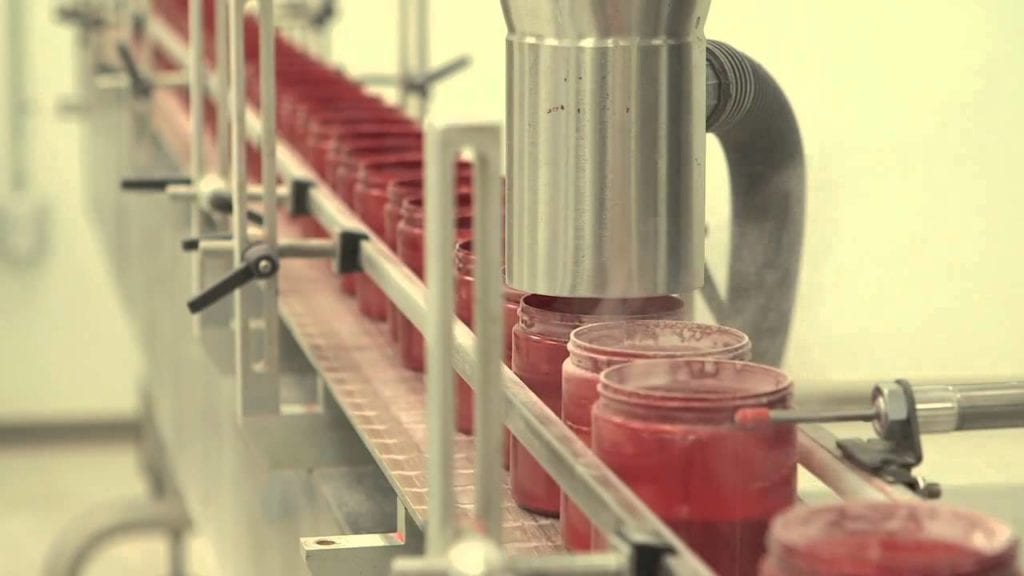
Powders
Powder supplements are mixed with liquids like juice water, almond milk, and even coconut water, making them an excellent choice for people that find swallowing capsules and pills challenging. For soluble nutrients like collagen or protein which possess minimal taste and can be easily mixed with liquids or into a smoothie, powders are an excellent option.
However, they do have a tendency to clump together, and some people might be put off by the taste. To prevent clumping, its recommended using shaker bottles and blenders with powder supplements. Some nutrients like Vitamin C are quickly absorbed when consumed in powder form mixed with liquid.
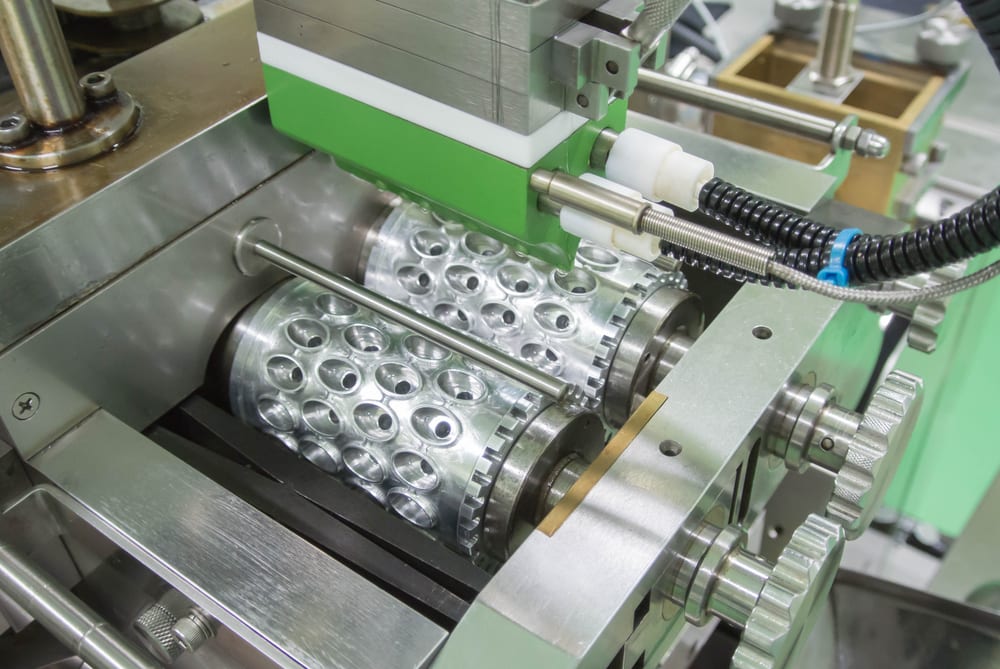
Softgels/Gelcaps
Softgels (also known as gelcaps) are generally used for liquid-based or oil supplements. Gelcaps consist of a soft layer of gelatin on the exterior of the active ingredients making them easier to swallow for most people (3). Generally, the gelatin is made from pig or cow skin and bones; however, they can also be vegetable-based or fish-based, making them an excellent option for vegetarians or for anyone that wants gluten-free or kosher supplements. Softgels are sensitive to heat, and as such, they must be stored in cool or room temperature.
In comparison to capsules or tablets, gel caps often possess less inactive excipients and generally possess longer shelf life than a capsule or liquid supplements. Capsules are also more stable and are entirely sealed. Usually, liquid-filled gel capsules are more powerful and quick-acting compared to tablet pills and have a higher rate of absorption.

Liquids
Liquid supplements have grown in popularity, especially among people that find it difficult to swallow pills or chew tablets. For optimal nutrient ingestion from oils and fats, liquid supplements and vitamins are also a superior choice in comparison to capsules.
Supplements in the form of shakes, smoothies, and even shots are being manufactured with unique flavor combinations. An advantage of liquid supplements is that consumers can add vitamin, allowing enhancement of the nutrients they can receive in one dose or serving. Liquid supplements are highly convenient; however, a disadvantage is that they have a shorter shelf life than any other form of supplements (4).
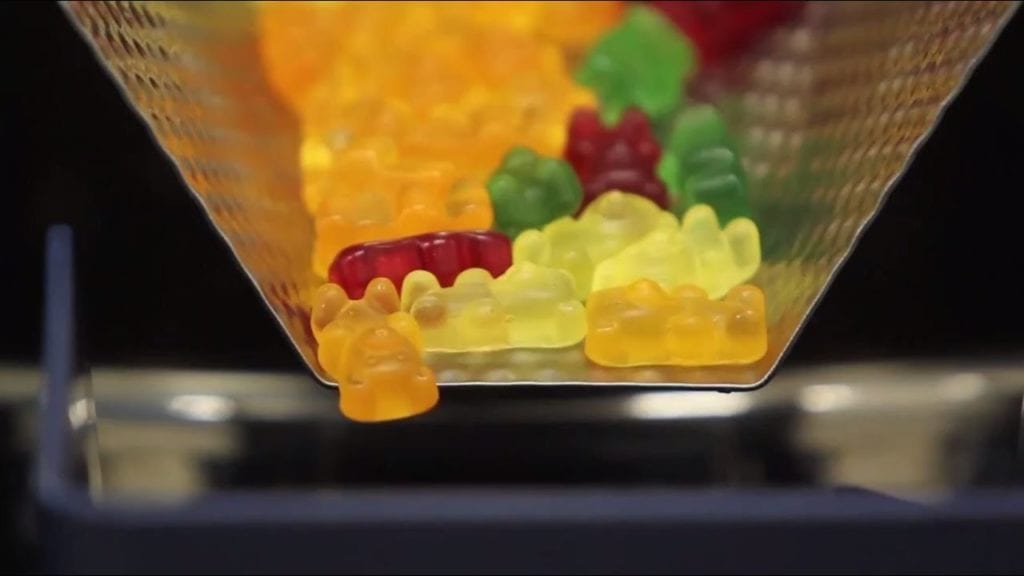
Chewable tablets and Gummies
Chewable multivitamin tablets and gummies are becoming increasingly popular and trendy; however, they are an ineffective way of consuming essential vitamins and minerals. They were initially targeted towards children to make consuming vitamins easier and more fun. However, these days gummies are very popular among adults as well.
Gummies are generally made of fruit pectin or gelatin, and nutrients are often compromised in favor of flavor. They also contain artificial flavoring, as raw vitamin supplements possess a terrible odor and bitter taste. In comparison to other forms of supplements, they also possess higher levels of sugar (5).
However, for optimal nutrient or mineral intake, gummies are not recommended as nutrition is sacrificed for better taste.
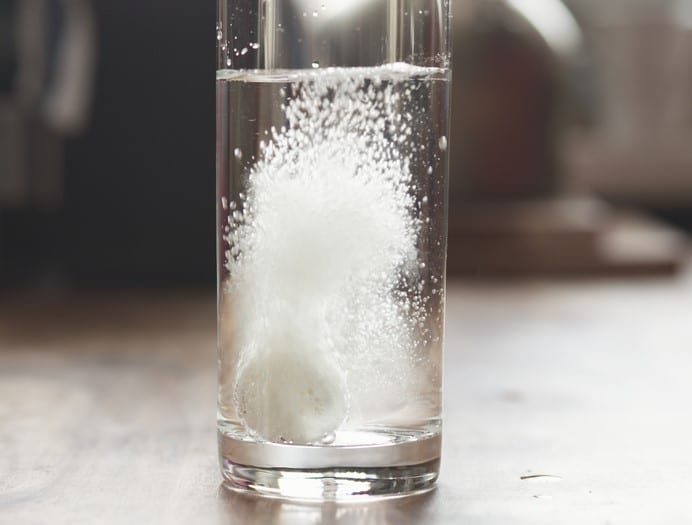
Effervescent Tablets
With the advancements in tablet production, there is a new form of tablet encapsulation that has become more popular recently. This is the effervescent tablet. This is a type of tablet that is made to dissolve in a cup of water, preferably.
The goal of this type of tablet formulation is to increase the absorption of the main active ingredients in the formula. By dissolving it into the water, it will then be absorbed into the bloodstream very quickly and may lead to a more effective supplement.
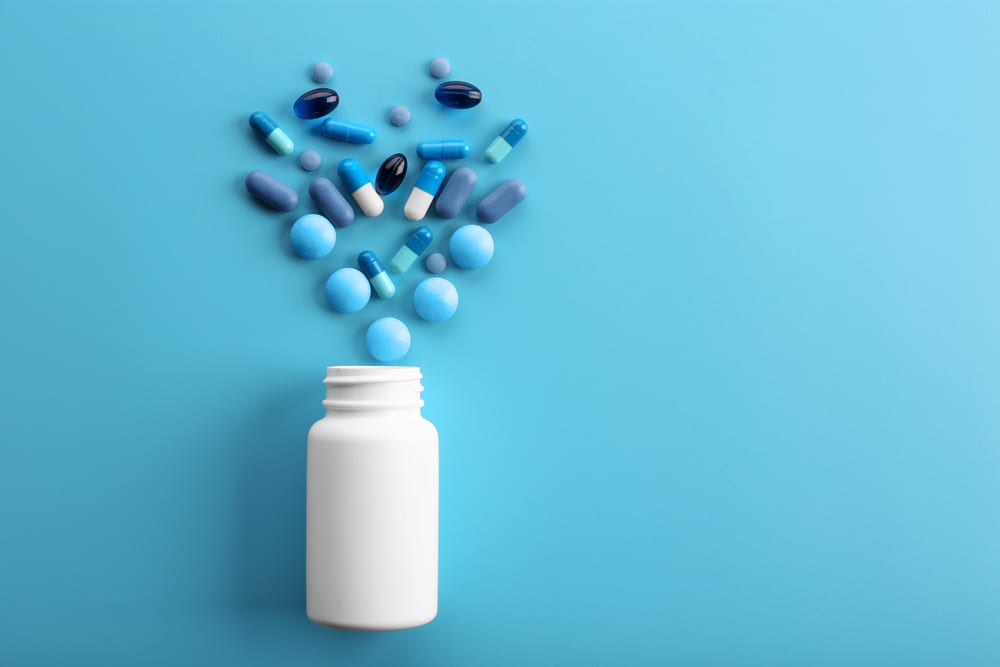
Important Attributes of Dietary Supplement Delivery
When trying to decide which dietary supplement delivery system is the most suitable for you, there are specific essential attributes you should look out for such as:
Concentration
Capsules and tablets come in smaller forms so that people can swallow them quickly and not experience choking, and it’s quite challenging to fit the optimal amount of particular supplements like whey protein into a capsule form. However, vitamins and supplements typically contain a potent dose that fits into gummies, tablets, or capsules.
Nutrient delivery and absorption
Liquid and powder supplements have a faster rate of absorption in the human body. In contrast, gummies, capsules, and tablets are made to work through your digestive system before your body absorbs them. This factor must also be taken into consideration, which deciding on the form of dietary supplement you want.
Flavor
As people age, they experience changes in appetite, smell, and taste. Alterations in taste can also result from medication or illness. Taste can often be an essential factor in influencing your compliance in consuming oral supplements. The encapsulation or delivery method that consumers find more suitable can also be affected by taste.

Cost
Numerous factors determine the cost of the capsule, like manufacturing, blends, ingredients, distribution method, encapsulation methods, etc. Generally, tablets are more affordable.
Time-Release
For capsule supplements, the shells can be manufactured to gradually dissolve before releasing the ingredients and getting absorbed.
Shelf Stability
Nutrients are affected by moisture, age, temperature, and exposure to light. The encapsulation method chosen will also determine the shelf stability. Generally, liquid supplements possess a much shorter shelf life in comparison to any other form of supplements.
Transportability
Supplement forms in gummy, capsule, pill, or even snack bar forms are much more portable allowing consumers to carry them anywhere in comparison to liquid and powder form of supplements. Similarly, taking containers of powder or liquid supplements can be very challenging and might arouse suspicion in airports. For people always on the move or anyone looking for convenient supplements, powders and liquid forms are generally not recommended.
Conclusion
In conclusion, there is no doubt that supplement brands will have to admit the fact that consumers are becoming increasingly picky and are demanding better innovation and maximum delivery of the nutrients and vitamins along with the supplements being vegan, gluten and free, certified-organic, non-GMO and even kosher certified. The industry has changed drastically, and supplements don’t come in only capsules and tablet forms anymore. To pull in more customers, it’s critical that brands offer various encapsulation services.
To keep up with this change in trends and competition, its essential for brands to choose a manufacturer that possesses extensive experience in the industry as well as a solid reputation in manufacturing, formulation, and encapsulation services. The supplement form, personal taste, and delivery method are critical factors for consumers when they choose their supplements.
Partner With SMP Nutra For High-Quality Supplement Manufacturing
Before you get are able to sell supplements, you need a product that is going to sell great along with being affordable.
SMP Nutra offers a wide variety of stock supplements that you can start to sell for your brand today! Check out our stock private label supplements now!
We also offer design services to make your supplement look professional and attractive.
References:
- https://www.ukessays.com/essays/engineering/advantages-and-disadvantages-of-tablets-in-pharmaceutical-industry-engineering-essay.php
- https://www.realpromise.com/en/what-are-the-advantages-of-capsules/
- https://www.swansonvitamins.com/blog/vitamins-supplements-faqs/what-are-capsules-made-out-of-and-are-they-safe
- https://www.healthycell.com/blog/liquid-multivitamins-for-adults
- https://www.mdpi.com/1420-3049/24/7/1442


